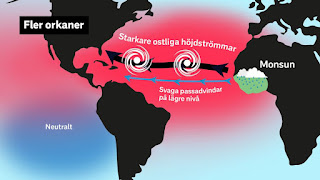In a book called The United States of Europe. It was written by a close ally of Jean Monnet By the Fifties, Monnet realised that their dream could not be realised overnight. It should, therefore, be assembled stealthily, bit by bit, without for a long time declaring its real goal. And they should begin by pretending that it was just an economic arrangement, a “Common Market” Which was why, when Richard North and I first unearthed this story, we called our book The Great Deception . Christopher Booker, Telegraph 17 September 2017 The Supranational Politics of Jean Monnet: Ideas and Origins of the European Community by Frederic J. Fransen Most work on Monnet's contribution begins with his later presence as an elder statesman of the European movement and reads his later pronouncements back into his earlier work. This book takes the opposite approach and, by concentrating on his earlier work, is able to show a more complicated picture of Monnet's aspirations tha...

